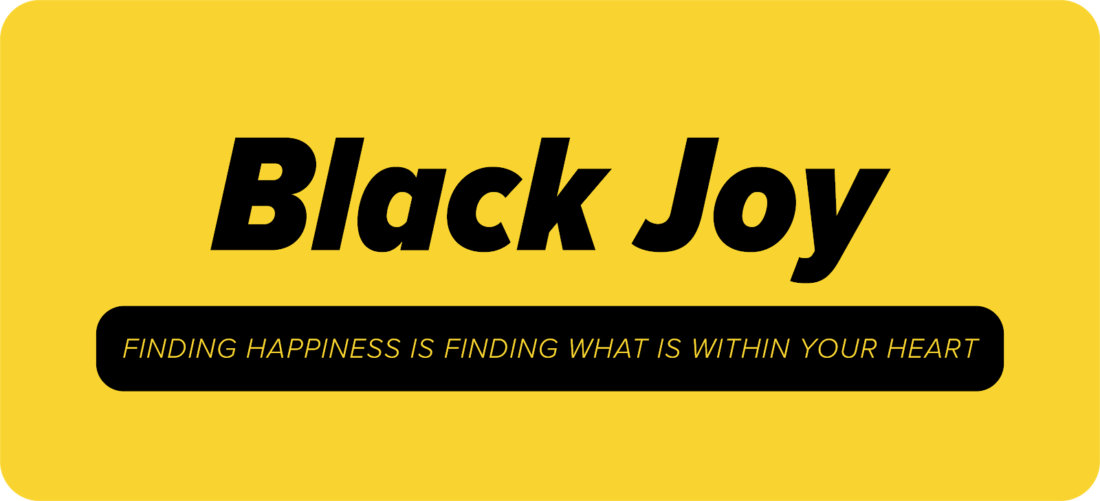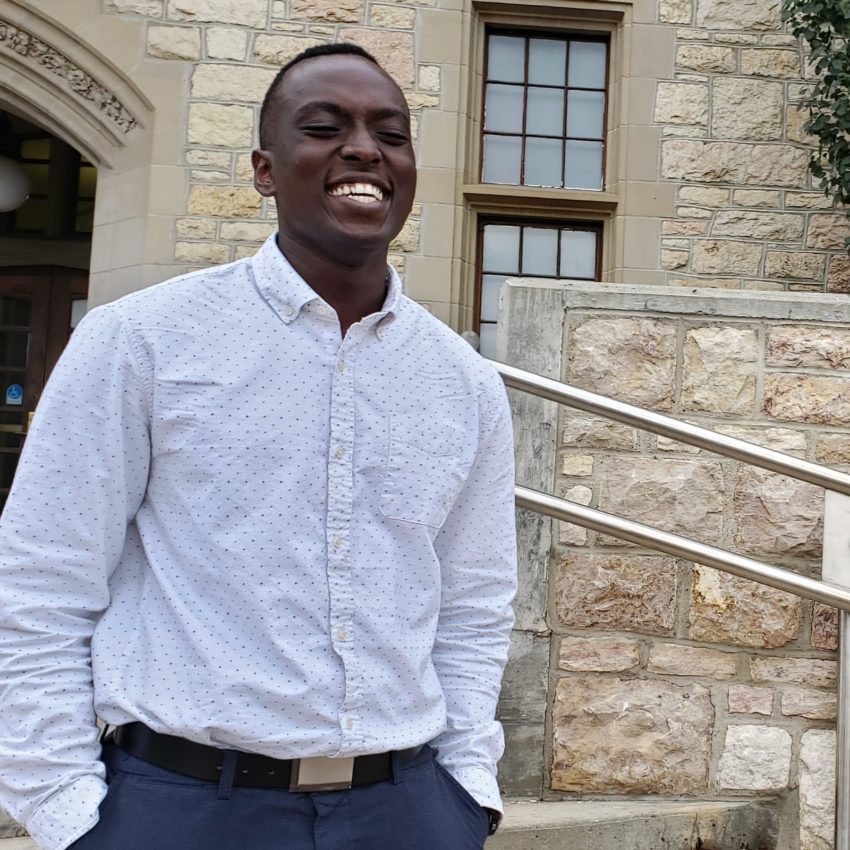
Black History Month was created for education and liberation, but all around us are reminders of the trials and tribulation that the Black community face. This is what makes Black joy important.
Black joy is being able to subtract the chaos and trauma that is expected of us. Black joy relates to our human senses of relaxation despite the stereotypes and discrimination.
Three generations of Black people are finding joy in their own definition. Each person advocates for the rights of the BIPOC community and have agreed to share what Black joy means to them.
This week, second-year electrical engineering student Gedeon Izerano defines his meaning of Black joy.

What does Black joy mean to you?
G: “Black joy … is finding happiness in empowering others by celebrating their work, and it has to be a genuine form. One of the examples that I can give is listening to Afrobeats but not because it’s just African music, but rather because you relate to the message.”
“Teenagers would grow up only listening to rap, not because they can relate, but because they were talking about gangs. Now, we can step back and listen to certain songs like BLACK by StormZ where it is talking about things that Black people are currently talking about.”
“[It is about] making sure to relate and enjoy the music for what it is — not for the trend.”
Why is it so important to focus on Black joy now?
G: “Last year speaks for itself.”
“When it comes to the importance of why we need to focus on Black Joy, [for] one is that no one else will be there to celebrate us more than we can celebrate ourselves. Two, we are faced with so much negativity in the world and all this discrimination, things that have been happening since age of time, [that has been recently] exposed by social media.”
“A lot of trauma is being brought along, so Black joy is so important right now because we need to balance that out. We know that not only this traumas are happening — we also have things that are worth celebrating. I would say we need to find a balance and Black joy is something that balances it out.”
Could you retell a story from your childhood that makes you happy?
G: “I grew up in Rwanda for the first 13 years of my life, so one thing that I really remember vividly from there is how communal our community was. My favourite story was when we were finishing up elementary school. I was in grade five, we were waiting for the bus, and to occupy ourselves I remember us playing in the compound area.”
“Our school used to be on a hill, and you had to go down the hill because no car could come up. The road wasn’t well done, so we always waited for the bus at the bottom. I remember us wanting to play soccer but there was no actual physical ball, so we took [a water bottle] and filled it half with sand.”
“It used to be such a regular thing. It would hurt if the ball hit you on the leg — you would feel it. It’s not like one of those fancy soccer balls, but I still remember the fun and joy that everybody had together, waiting for the bus. We still hadn’t eaten yet, but the hunger would just go away everytime we were playing.”
“That’s one of my one of my favourite memories from back when I was young. It just makes me happy because there is no such thing like that here, and I understand why, in a way, but when you look at how kids can be left alone for reasonable reasons, it’s just so bad that you can’t have that experience and that makes me cherish it even more. Even now, thinking about it makes me happy.”
A piece of advice for others looking for joy?
G: “In order to find that Black joy, you need to find a joy, period. So I [look] at how I interact with my siblings. I find that most of the time, we tend to enjoy things for the sake of the people around you, for family [and] for the sake of friends.”
“Take some time back and just see what you’re working on and whether it’s actually what you like, what you want to do, and if it aligns with your values and beliefs. As you are working towards that, you will end up finding your joy because you will start getting out of the pack and start following what your heart tells you to do.”
“Once upon a time, videogames were shunned and looked badly upon, but if that is like what you enjoy doing and you have a balance, because everything in moderation is good, then be proud of it, own up to it. I can proudly say that I am a gamer, and I enjoy reading books. Some people say, ‘You’re a guy and you listen to pop?’ and I’m like, ‘Hell yeah,’ because that’s me.”
“I enjoy that, so take time to enjoy things and not care about what others think.”
Gedeon Isezerano is a second-year electrical engineering student at the University of Saskatchewan. He volunteers with the Truly Alive Youth and Family Foundation Inc. and enjoys building computers, video games and advocating for youth leadership.
—
Peace Akintade
Photo: Supplied | Gedeon Isezerano
Leave a Reply